|
What We Do In The Shadows
''What We Do in the Shadows'' is a 2014 New Zealand mockumentary horror comedy film written and directed by Jemaine Clement and Taika Waititi and the first installment in the ''What We Do in the Shadows'' franchise. The film also stars Clement and Waititi, along with Jonathan Brugh, Ben Fransham, Cori Gonzalez-Macuer, Stu Rutherford, and Jackie van Beek. The film's plot concerns several vampires who live together in a flat in Wellington. '' What We Do in the Shadows'' premiered at the Sundance Film Festival in January 2014. It was released theatrically on 18 August 2014 by Madman Entertainment and received critical acclaim. The film earned $6.9 million on a $1.6 million budget. Plot A documentary crew follows four vampire housemates—Viago, Vladislav, Deacon, and Petyr—who share a flat in the Wellington suburb of Te Aro. All of the vampires possess supernatural powers, including levitation and the ability to transform into animals. Viago is a 379-year-old dandy from the ... [...More Info...] [...Related Items...] OR: [Wikipedia] [Google] [Baidu] |
Jemaine Clement
Jemaine Atea Mahana Clement (born 10 January 1974) is a New Zealand actor, comedian, musician and filmmaker. He has released several albums with Bret McKenzie as the musical comedy duo Flight of the Conchords, and created a comedy series of the same name for both the BBC and HBO, for which he received six Primetime Emmy nominations. He has had featured parts in films such as Eagle vs Shark (2007), ''Men in Black 3'' (2012), ''People Places Things'' (2015), '' Humor Me'' (2017), '' The Festival'' (2018) and Avatar: The Way of Water (2022). He has also done voice-work for ''Despicable Me'' (2010), ''Rio'' (2011), ''Rio 2'' (2014), '' Moana'' (2016) and ''The Lego Batman Movie'' (2017). In 2014, he made his directorial debut with ''What We Do in the Shadows'', which he also co-wrote, co-directed and co-starred in with Taika Waititi, and later adapted into a show for FX Television series of the same name. Early life Clement, quote=...says the actor, whose own middle names Atea a ... [...More Info...] [...Related Items...] OR: [Wikipedia] [Google] [Baidu] |
Vampire
A vampire is a mythical creature that subsists by feeding on the Vitalism, vital essence (generally in the form of blood) of the living. In European folklore, vampires are undead, undead creatures that often visited loved ones and caused mischief or deaths in the neighbourhoods they inhabited while they were alive. They wore shrouds and were often described as bloated and of ruddy or dark countenance, markedly different from today's gaunt, pale vampire which dates from the early 19th century. Vampiric entities have been Vampire folklore by region, recorded in cultures around the world; the term ''vampire'' was popularized in Western Europe after reports of an 18th-century mass hysteria of a pre-existing folk belief in the Balkans and Eastern Europe that in some cases resulted in corpses being staked and people being accused of vampirism. Local variants in Eastern Europe were also known by different names, such as ''shtriga'' in Albanian mythology, Albania, ''vrykolakas'' in G ... [...More Info...] [...Related Items...] OR: [Wikipedia] [Google] [Baidu] |
Feral
A feral () animal or plant is one that lives in the wild but is descended from domesticated individuals. As with an introduced species, the introduction of feral animals or plants to non-native regions may disrupt ecosystems and has, in some cases, contributed to extinction of indigenous species. The removal of feral species is a major focus of island restoration. Animals A feral animal is one that has escaped from a domestic or captive status and is living more or less as a wild animal, or one that is descended from such animals. Other definitions include animals that have changed from being domesticated to being wild, natural, or untamed. Some common examples of animals with feral populations are horses, dogs, goats, cats, rabbits, camels, and pigs. Zoologists generally exclude from the feral category animals that were genuinely wild before they escaped from captivity: neither lions escaped from a zoo nor the white-tailed eagles re-introduced to the UK are regarded as fera ... [...More Info...] [...Related Items...] OR: [Wikipedia] [Google] [Baidu] |
Peddler
A peddler, in British English pedlar, also known as a chapman, packman, cheapjack, hawker, higler, huckster, (coster)monger, colporteur or solicitor, is a door-to-door and/or travelling vendor of goods. In England, the term was mostly used for travellers hawking goods in the countryside to small towns and villages. In London, more specific terms were used, such as costermonger. From antiquity, peddlers filled the gaps in the formal market economy by providing consumers with the convenience of door-to-door service. They operated alongside town markets and fairs where they often purchased surplus stocks which were subsequently resold to consumers. Peddlers were able to distribute goods to the more geographically-isolated communities such as those who lived in mountainous regions of Europe. They also called on consumers who, for whatever reason, found it difficult to attend town markets. Thus, peddlers played an important role in linking these consumers and regions to wider trade ... [...More Info...] [...Related Items...] OR: [Wikipedia] [Google] [Baidu] |
Vlad The Impaler
Vlad III, commonly known as Vlad the Impaler ( ro, Vlad Țepeș ) or Vlad Dracula (; ro, Vlad Drăculea ; 1428/311476/77), was Voivode of Wallachia three times between 1448 and his death in 1476/77. He is often considered one of the most important rulers in Wallachian history and a national hero of Romania. He was the second son of Vlad Dracul, who became the ruler of Wallachia in 1436. Vlad and his younger brother, Radu, were held as hostages in the Ottoman Empire in 1442 to secure their father's loyalty. Vlad's eldest brother Mircea and their father were murdered after John Hunyadi, regent-governor of Hungary, invaded Wallachia in 1447. Hunyadi installed Vlad's second cousin, VladislavII, as the new voivode. Hunyadi launched a military campaign against the Ottomans in the autumn of 1448, and Vladislav accompanied him. Vlad broke into Wallachia with Ottoman support in October, but Vladislav returned and Vlad sought refuge in the Ottoman Empire before the end of the year. ... [...More Info...] [...Related Items...] OR: [Wikipedia] [Google] [Baidu] |
Dandy
A dandy is a man who places particular importance upon physical appearance, refined language, and leisurely hobbies, pursued with the appearance of nonchalance. A dandy could be a self-made man who strove to imitate an aristocratic lifestyle despite coming from a middle-class background, especially in late 18th- and early 19th-century Britain. Previous manifestations of the ''petit-maître'' (French for "small master") and the Muscadin have been noted by John C. Prevost, but the modern practice of dandyism first appeared in the revolutionary 1790s, both in London and in Paris. The dandy cultivated cynical reserve, yet to such extremes that novelist George Meredith, himself no dandy, once defined cynicism as "intellectual dandyism". Some took a more benign view; Thomas Carlyle wrote in ''Sartor Resartus'' that a dandy was no more than "a clothes-wearing man". Honoré de Balzac introduced the perfectly worldly and unmoved Henri de Marsay in '' La fille aux yeux d'or'' (1835), a part ... [...More Info...] [...Related Items...] OR: [Wikipedia] [Google] [Baidu] |
Therianthropy
Therianthropy is the mythological ability of human beings to metamorphose into animals or hybrids by means of shapeshifting. It is possible that cave drawings found at Les Trois Frères, in France, depict ancient beliefs in the concept. The best-known form of therianthropy, called lycanthropy, is found in stories of werewolves. Etymology The term ''therianthropy'' comes from the Greek ''thēríon'' �ηρίον meaning "wild animal" or "beast" (implicitly mammalian), and ''anthrōpos'' ��νθρωπος meaning "human being". It was used to refer to animal transformation folklore of Europe as early as 1901. Sometimes the term " zoanthropy" is used instead. Therianthropy was used to describe spiritual beliefs in animal transformation in a 1915 Japanese publication, ''A History of the Japanese People from the Earliest Times to the End of the Meiji Era''. One source, ''The Human Predator'', raises the possibility the term may have been used as early as the 16th century in crim ... [...More Info...] [...Related Items...] OR: [Wikipedia] [Google] [Baidu] |
Levitation (paranormal)
Levitation or transvection in the paranormal context is the rising of a human body and other objects into the air by mystical means. While believed by some in certain religious and New Age communities to occur as a result of supernatural, psychic or Energy (esotericism), "energetic" phenomena, there is no scientific evidence of levitation ever occurring, and alleged cases of levitation can usually be explained by natural causes such as Magic (illusion), trickery, illusion, and hallucination. Religious views Various religions have claimed examples of levitation amongst their followers. This is generally used either as a demonstration of the validity or power of the religion, or as evidence of the holiness or adherence to the religion of the particular levitator. Buddhism * It is recounted as one of the Miracles of Buddha that Gautama Buddha ''walked on water'' levitating (crossed legs) over a stream in order to convert a brahmin to Buddhism. *Milarepa, Yogi Milarepa, a Vajrayan ... [...More Info...] [...Related Items...] OR: [Wikipedia] [Google] [Baidu] |
Supernatural
Supernatural refers to phenomena or entities that are beyond the laws of nature. The term is derived from Medieval Latin , from Latin (above, beyond, or outside of) + (nature) Though the corollary term "nature", has had multiple meanings since the ancient world, the term "supernatural" emerged in the Middle Ages and did not exist in the ancient world. The supernatural is featured in folklore and religious contexts, but can also feature as an explanation in more secular contexts, as in the cases of superstitions or belief in the paranormal. The term is attributed to non-physical entities, such as angels, demons, gods, and spirits. It also includes claimed abilities embodied in or provided by such beings, including magic, telekinesis, levitation, precognition, and extrasensory perception. The philosophy of naturalism contends that nothing exists beyond the natural world, and as such approaches supernatural claims with skepticism. Etymology and history of the concept Occurr ... [...More Info...] [...Related Items...] OR: [Wikipedia] [Google] [Baidu] |
Te Aro
Te Aro (formerly also known as Te Aro Flat) is an inner-city suburb of Wellington, New Zealand. It comprises the southern part of the central business district including the majority of the city's entertainment district and covers the mostly flat area of city between The Terrace and Cambridge Terrace at the base of Mount Victoria. Geography and history Waimapihi Stream is now mostly culverted, but formerly ran from the area around Zealandia and down Aro Valley then past what is now the western end of Te Aro Park and on to the sea. The name means "the stream (or bathing place) of Mapihi, a chieftainess of those iwi". Te Aro Pā was east of the stream near what is now lower Taranaki Street. Waitangi stream flowed from Newtown, past the Basin Reserve and down to the shore at the eastern side of Te Aro, forming a large swamp that was used by Māori for food (eels and shellfish) and flax gathering. The 1855 Wairarapa earthquake uplifted Te Aro and drained the swamp. The area aro ... [...More Info...] [...Related Items...] OR: [Wikipedia] [Google] [Baidu] |
The Dominion Post (Wellington)
''The Dominion Post'' is a metropolitan daily newspaper published in Wellington, New Zealand. It is owned by media business Stuff Ltd, formerly the New Zealand branch of Australian media company Fairfax Media. Weekday issues are now in tabloid format, and its Saturday edition is in broadsheet format. Since 2020 the editor has been Anna Fifield. History ''The Dominion Post'' was created in July 2002 when Independent Newspapers Limited (INL) amalgamated two Wellington printed and published metropolitan broadsheet newspapers, '' The Evening Post'', an evening paper first published on 8 February 1865, and '' The Dominion'', a morning paper first published on Dominion Day, 26 September 1907. ''The Dominion'' was distributed throughout the lower half of the North Island, as far as Taupo, where it met with Auckland's ambitiously named ''The New Zealand Herald''. ''The Evening Post'' was not so widely distributed, but had a much greater circulation than ''The Dominion''. INL sold ... [...More Info...] [...Related Items...] OR: [Wikipedia] [Google] [Baidu] |
Stuff
Stuff, stuffed, and stuffing may refer to: *Physical matter *General, unspecific things, or entities Arts, media, and entertainment Books *''Stuff'' (1997), a novel by Joseph Connolly (author), Joseph Connolly *''Stuff'' (2005), a book by Jeremy Strong (author), Jeremy Strong Fictional character *A flying creature in the video game ''Kya: Dark Lineage'' Film *''The Stuff'', a 1985 horror/comedy film by Larry Cohen *Stuff (film), ''Stuff'' (film), a 1993 documentary about John Frusciante's life Illustration *Henry Wright (artist), Henry Wright (1849–1937), worked for ''Vanity Fair'' under the pseudonym "Stuff" Music *Stuff (Holly McNarland album), ''Stuff'' (Holly McNarland album), 1997 *Stuff (band), a 1970s-1980s fusion/rhythm and blues music group **Stuff (Stuff album), ''Stuff'' (Stuff album) *''Stuff'', a 1992 album by Bill Wyman *Stuff (song), "Stuff" (song), a 2000 single by Diamond Rio from the album ''One More Day'' *Stuff (Eleanor McEvoy album), ''Stuff'' (Eleanor ... [...More Info...] [...Related Items...] OR: [Wikipedia] [Google] [Baidu] |
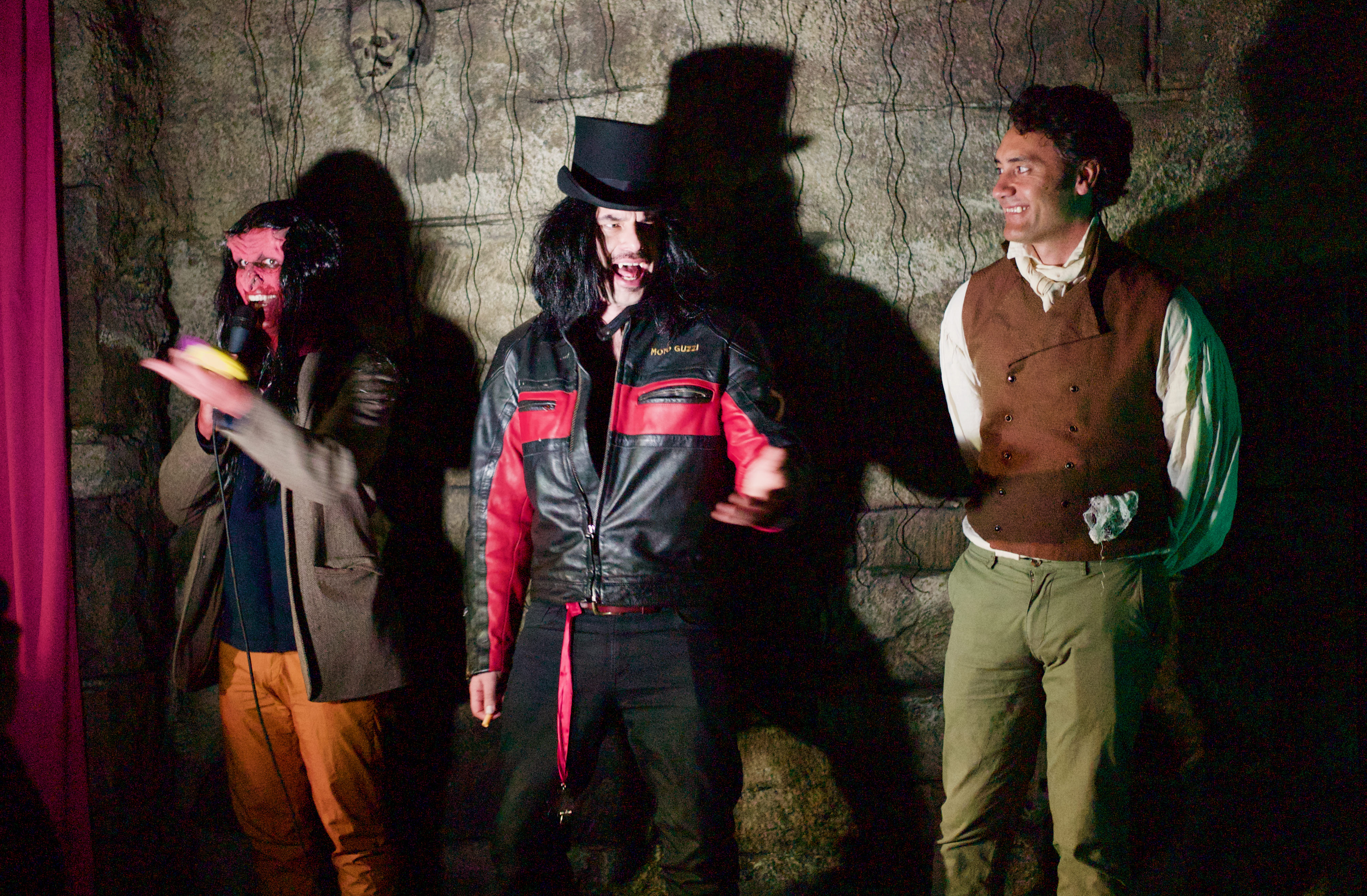
.jpg)

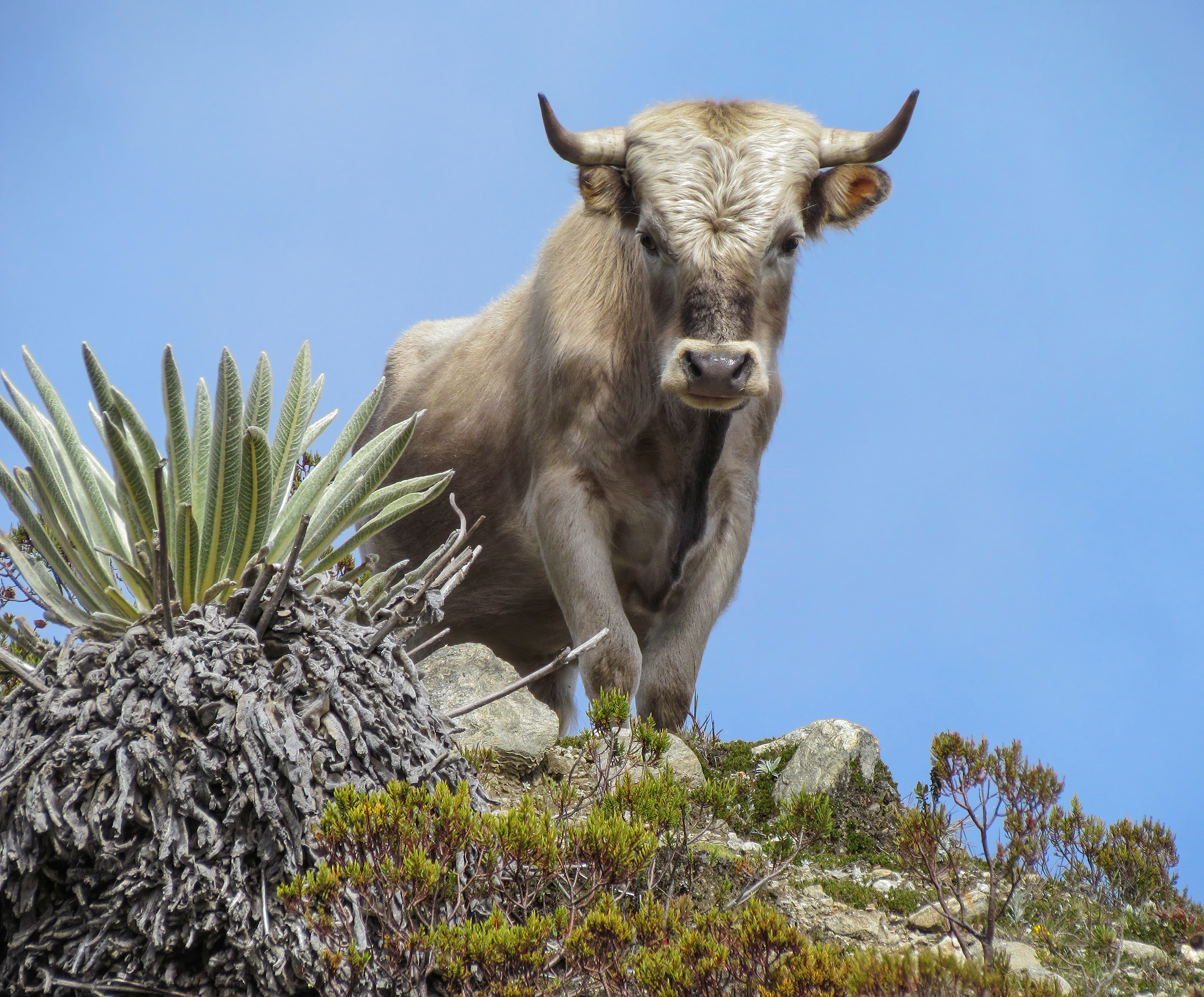
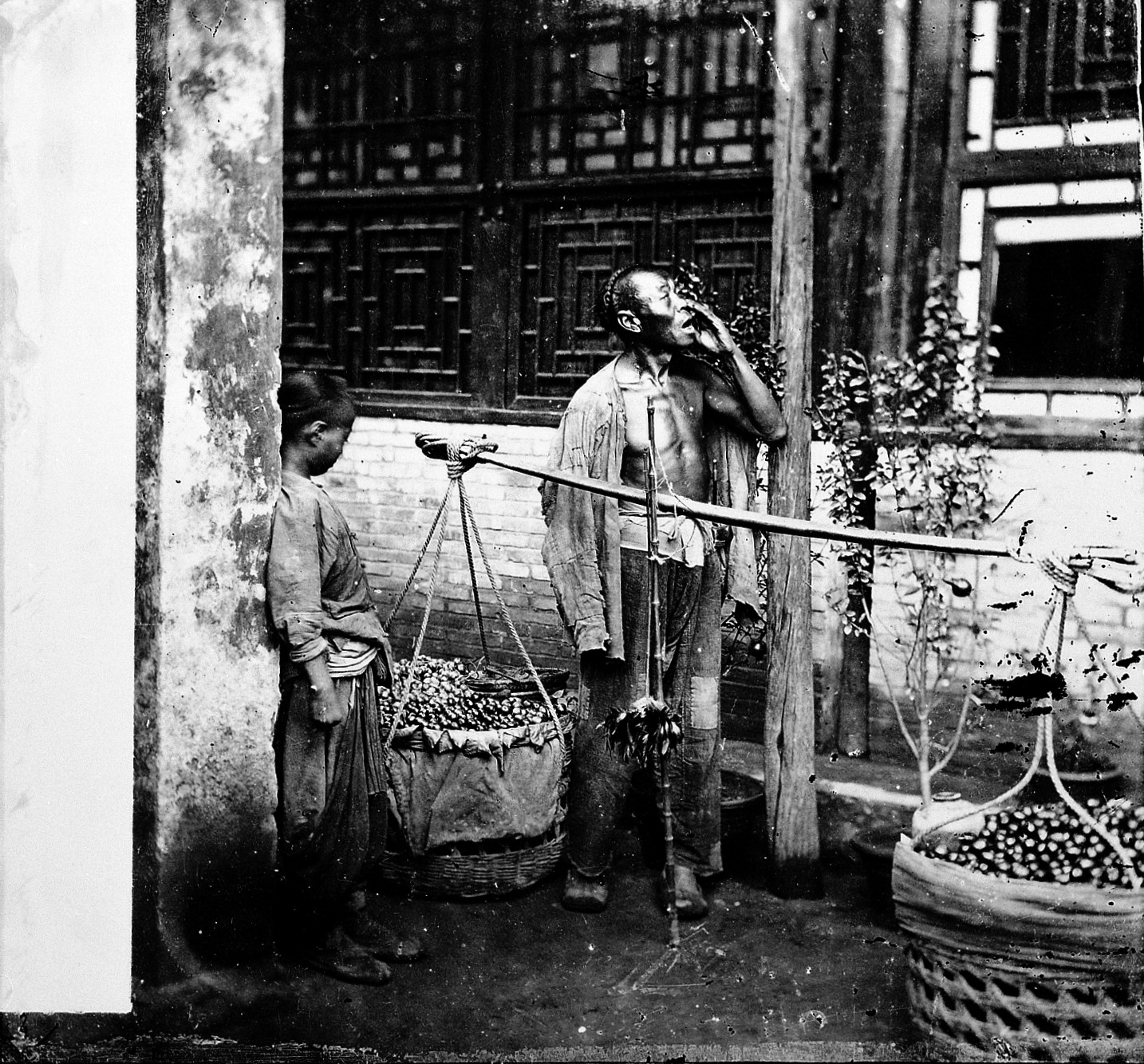
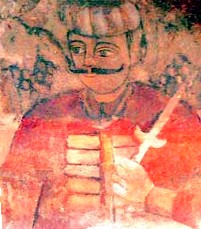
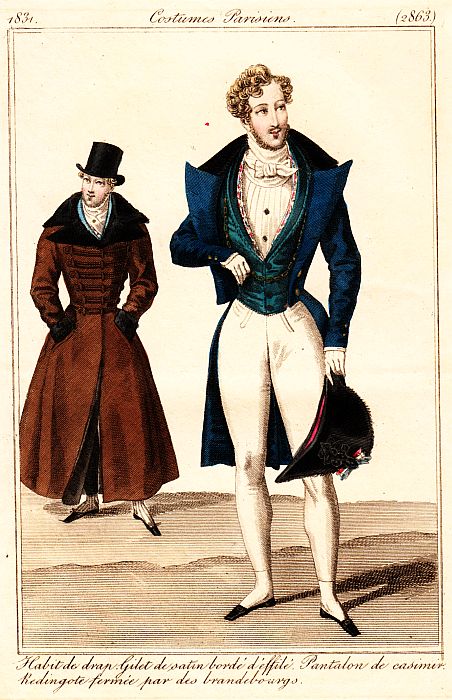

.jpg)

.jpg)
.jpg)